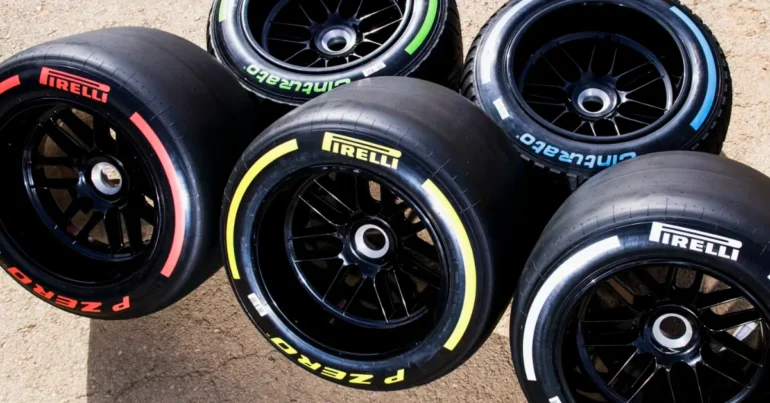Choosing the best tires for motorsports racing is one of the most important decisions you can make for your team. Tires play a significant role in your vehicle’s performance, influencing speed, handling, and safety. Whether you are racing on a track or off-road, the right tires can make a big difference in your results. In this article, we’ll share the essential factors you should consider when choosing the best tires for motorsports racing to ensure optimal performance and safety.
Tire Size Matters
Another crucial factor to consider when choosing the best tires for motorsports racing is the size of the tire. Tire size can affect your car’s handling, speed, and stability. Generally, larger tires provide more grip but can affect acceleration, while smaller tires can improve acceleration but may not offer the same level of stability at high speeds. Before making your selection, you need to understand the rules of your specific racing series. Most motorsports have specific tire size regulations, so make sure to choose the right size for your class or series.

Tread Pattern and Grip
When choosing the best tires for motorsports racing, consider the tread pattern. The tread pattern affects how much grip the tire has on the road or track. Slick tires, which have a smooth surface, offer maximum contact with the road, making them ideal for dry conditions. On the other hand, tires with a more aggressive tread pattern, like those used for off-road racing, are better at handling loose or uneven surfaces.
Grip is especially important because it influences how well the tire can handle forces like braking, cornering, and acceleration. The better the grip, the more control you’ll have over your vehicle, which is crucial for performance and safety.
Durability and Lifespan
Durability is another key factor when choosing the best tires for motorsports racing. While performance is important, tires that wear down too quickly can cost you more in the long run. High-performance tires typically provide excellent grip but may wear faster than standard tires.
If you are racing in an endurance event, you need tires that can withstand long distances and high-speed conditions without losing performance. Consider the trade-off between durability and performance, and choose tires that offer a balance between both for your needs.
Consider Temperature and Weather Conditions
Temperature and weather conditions can significantly affect tire performance. When choosing the best tires for motorsports racing, you need to account for whether your race will take place in hot or cold weather. Tires that perform well in cold conditions may not perform as effectively in hot conditions, and vice versa.
For instance, soft compound tires tend to perform better in colder temperatures, as they provide more grip. However, they may wear faster in hot weather. It’s essential to choose tires that are appropriate for the specific climate and track conditions where your race will take place.
Budget Considerations
While it’s tempting to go for the highest-performance tires available, your budget will also play a role in choosing the best tires for motorsports racing. High-end racing tires can be expensive, and while they offer excellent performance, you may need to balance your budget with performance requirements.
Consider the total cost of tire replacements, maintenance, and the number of races you plan to participate in. Sometimes, choosing a more cost-effective tire that still meets your racing needs is a better option for a long-term strategy.
Brand Reputation and Reviews
Another aspect of choosing the best tires for motorsports racing is considering the reputation of the tire manufacturer. Some brands have a proven history of high-quality performance tires that deliver consistent results.
Don’t be afraid to ask other racers about their experiences with different tire brands and models. The motorsport community can be a great source of valuable information when making decisions.
Conclusion
Choosing the best tires for motorsports racing requires careful consideration of various factors, including tire type, size, tread pattern, durability, and weather conditions. By understanding these factors and doing your research, you can make an informed decision that enhances your performance on the track while also fitting within your budget.










Hello! I just would like to give a huge thumbs up for the great info you have here on this post. I will be coming back to your blog for more soon.
Some really superb articles on this internet site, thanks for contribution. “I finally know what distinguishes man from other beasts financial worries. – Journals” by Jules Renard.
Glad to be one of many visitors on this awe inspiring site : D.